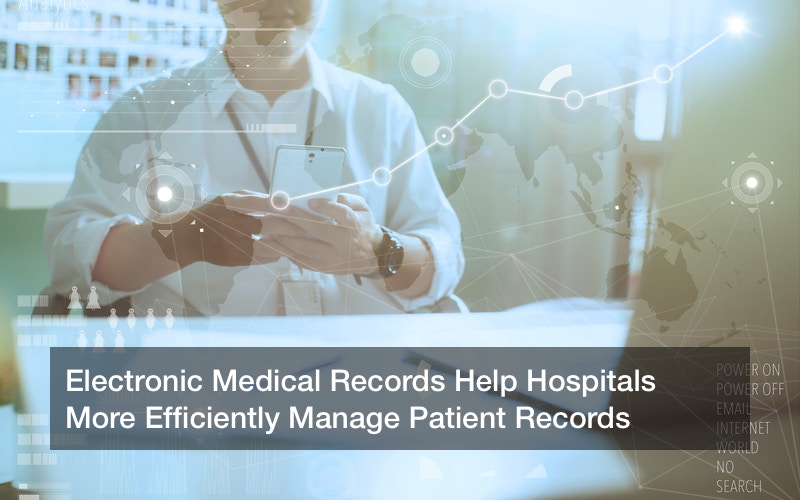
The results of your father’s biopsy are in and your parents met met with the oncologist this week. All of lymph nodes attached to his small bowel and colon were free of cancer. The type of cancer in his small bowel, however, is a different type of cancer than is in his colon, so his colon cancer is contained only to his colon. The doctors said this is very good news, but it is frightening to think that he has two different kinds of cancer in his body. Officially, he has been diagnosed with Stage 2 cancer in his colon, and the oncologist said that he will not need any radiation or chemotherapy. The surgeon was able to get all of the cancer and the medical team is confident your father is good since it was only contained to the colon. The cancer in his small bowel is a very slow progressing cancer, according to the team.
Your father’s biomarkers on his biopsies of both the colon and small bowel, however, showed a genetic mutation that falls in line with Lynch Syndrome. This particular syndrome causes a genetic mutation in areas around the abdominal area and has an 80% chance of cancer in the colon, small bowel, liver, and stomach. That means that he is pre-disposed to cancer in these areas as well. The doctor explained that this is an indicator that is similar to how the BRCA genes can dispose women to developing cancer in their breast. Before he is released your father will undergo genetic testing to determine if this is the cause of the cancer.
Medical Explanations Can be Confusing and Overwhelming
When hospitals make converting from paper to electronic medical records (EMR) a priority the work of the doctors and nurses can be easier. It is more easy to access the digital data for the medical staff, but this does not mean that the news is any easier for a family. The word cancer sounds the same whether the doctor is reading it from a paper or a tablet. And while EMR projects are common in many hospitals across the country, it is important for staff members to always remember that a patient is far more than a digital data sheet.
Fortunately, many hospitals are taking the time that they save hand entering medical information and sharing that time with their patients. The time that is no longer spent shuffling papers, too, can be translated into more time explaining a diagnosis and offering a care plan. The benefits of EMR projects, in fact, can help many medical staffs make sure that they are able to spend more time on one to one and eye to eye contact with patients and their families.
Converting paper to electronic health records, of course, takes a good deal of time in the beginning. Once the new system is implemented, however, most staffs agree that the EMR projects were worth the time. More than 700,000 consulting firms provide services across virtually all aspects of business globally, and it should come as no surprise that many of these companies specialize in the medical records platform.
The latest research indicates that 92 million metric tons of paper are being produced by the U.S. every year, so the transition to medical records is a transition that can be far more environmentally friendly.
